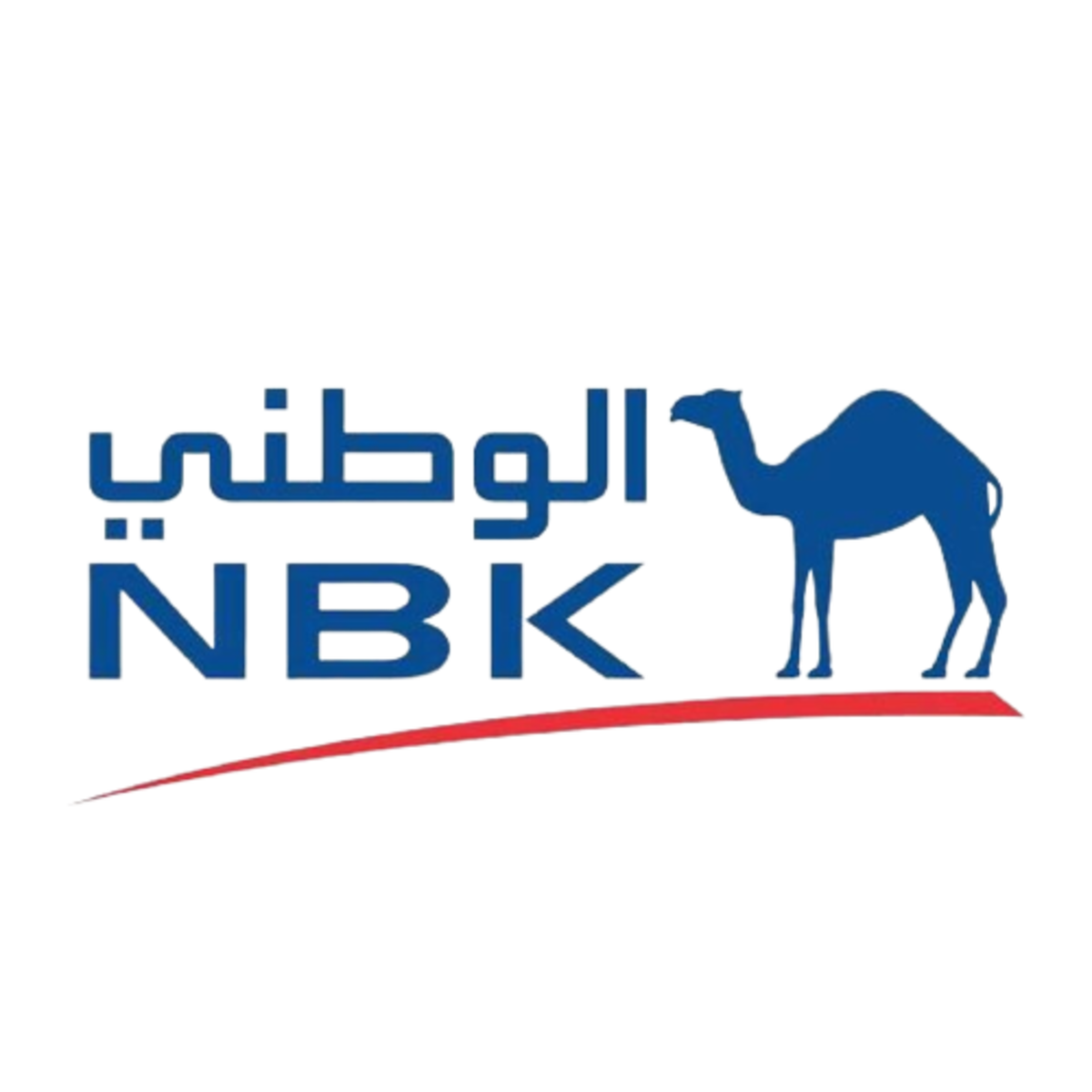Bank of Kuwait: How To Get The Best Interest Rates
Here is some helpful information about what to expect from each type of bank and how you can get the best interest rates.

When it comes to banks, customers are faced with various options. Whether you're looking for a place to store your excess cash or financing for a new car or home, plenty of banks are available to meet your needs. However, this can make choosing the right financial institution more challenging. After all, most people have a set idea of what a bank should be and what it can offer its customers. There's a lot more to consider than many would think. With that in mind, if you're looking into opening an account at the Bank of Kuwait or another financial institution, here is some helpful information about what to expect from each type of bank and how you can get the best interest rates possible on your savings and any loan you take out from them.
Fixed Deposit Accounts
You essentially lend your bank money when you open a fixed deposit account. The bank will pay you an agreed interest rate on this money, usually higher than what you can get on a savings account. This is because the bank knows it has your money for a set period, so it can lend out money at a higher interest rate and still make a profit. When the agreed period ends, you will receive your full deposit back with the interest you were promised. The main downside of fixed deposit accounts is that you can't access your money until the end of the agreed period, which could be a problem if you need your money. A fixed deposit account is an excellent choice if you're looking for a safe place to store your excess cash.
Loans
Loans are an excellent option if you're in the market for some extra cash and need to repay it over time. There are a few different loan options, depending on your bank type. A conventional loan is a set amount of money borrowed at a fixed interest rate. These are often used for home or car purchases. The main advantage of a loan is that many banks allow you to repay the money over a set period, which gives you a little extra flexibility when repaying the money and can often lower your monthly payments. You can also apply for a personal loan from your bank if you need a short-term loan for a significant expense like a wedding or education. A personal loan is a set amount of money, often smaller than a conventional loan, that you have to repay over a set period, often with a higher interest rate. Credit unions are a particular type of bank, usually smaller than conventional banks, and work with members to provide loans at a lower interest rate.
Savings Accounts
You can find savings accounts at most banks, which can be an excellent place to store your excess money and earn a little interest. Savings accounts are similar to checking accounts because they are accessible whenever you need to withdraw. However, there are usually restrictions on how often you can start from your savings account. There are a few different types of savings accounts to choose from. Fixed Rate Savings: This account is a hybrid between savings and fixed deposit accounts. You set how much you want to deposit into the report, and the bank will pay you a fixed interest rate on the amount you specify. You can usually only make one withdrawal per year without incurring a penalty. Variable Rate Savings: This account gives you more flexibility because you can withdraw your money whenever you need it, but you will not be guaranteed a specific interest rate. Savings Plus: This account is similar to a variable-rate savings account, but the more money you have, the higher the interest rate you will get.
Checking Accounts
A checking account is the most basic type of account available at a bank. It allows you to make deposits, pay bills online, and withdraw using a checking card or checkbook. As with savings accounts, there are a few different checking accounts. Basic Checking: This account is best for individuals new to banking or does not have a steady income. You may have to pay a monthly fee for this type of account. Interest-Bearing Checking: This account usually requires a certain amount of money deposited each month to qualify for the interest rate. This account is best for individuals who want to earn a little interest on the funds in their history.
Summary
Choosing the right bank can be tricky. It's essential to pick an institution that meets your needs and is financially sound enough to last. It can also be helpful to shop around and compare different banks for their mobile banking capability. Before you make your choice, think about your banking needs and each bank's offers. Regarding interest rates, you can often negotiate a better deal in person instead of applying online. When opening an account, you'll want to make sure you have the necessary documentation ready and can meet any minimum account balance or income requirements.

